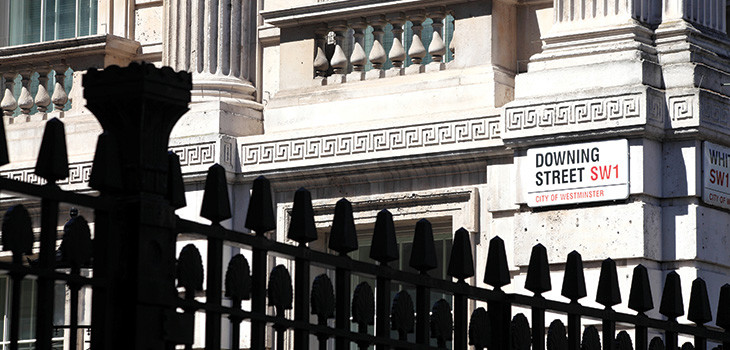
Any study of the British system of government, or of our constitution, that concentrated only on statute and common law provisions would yield a seriously misleading picture. Conventions, custom and practice shape the exercise of legal powers, fill in gaps and produce an account of a dynamic system that brings together all the disparate elements.
Take the case of political parties. Without recognising their existence and factoring in their various roles in selecting candidates, raising funds, formulating policy, campaigning, electing party leaders, the functioning of Parliament and so on, it is impossible to gain any true understanding of how our government works. Yet in theory they are purely private associations, exercising no public functions and therefore exempt from the obligations of the Human Rights Act and beyond the reach of judicial review.
This orthodox view has recently been upheld following a hearing









